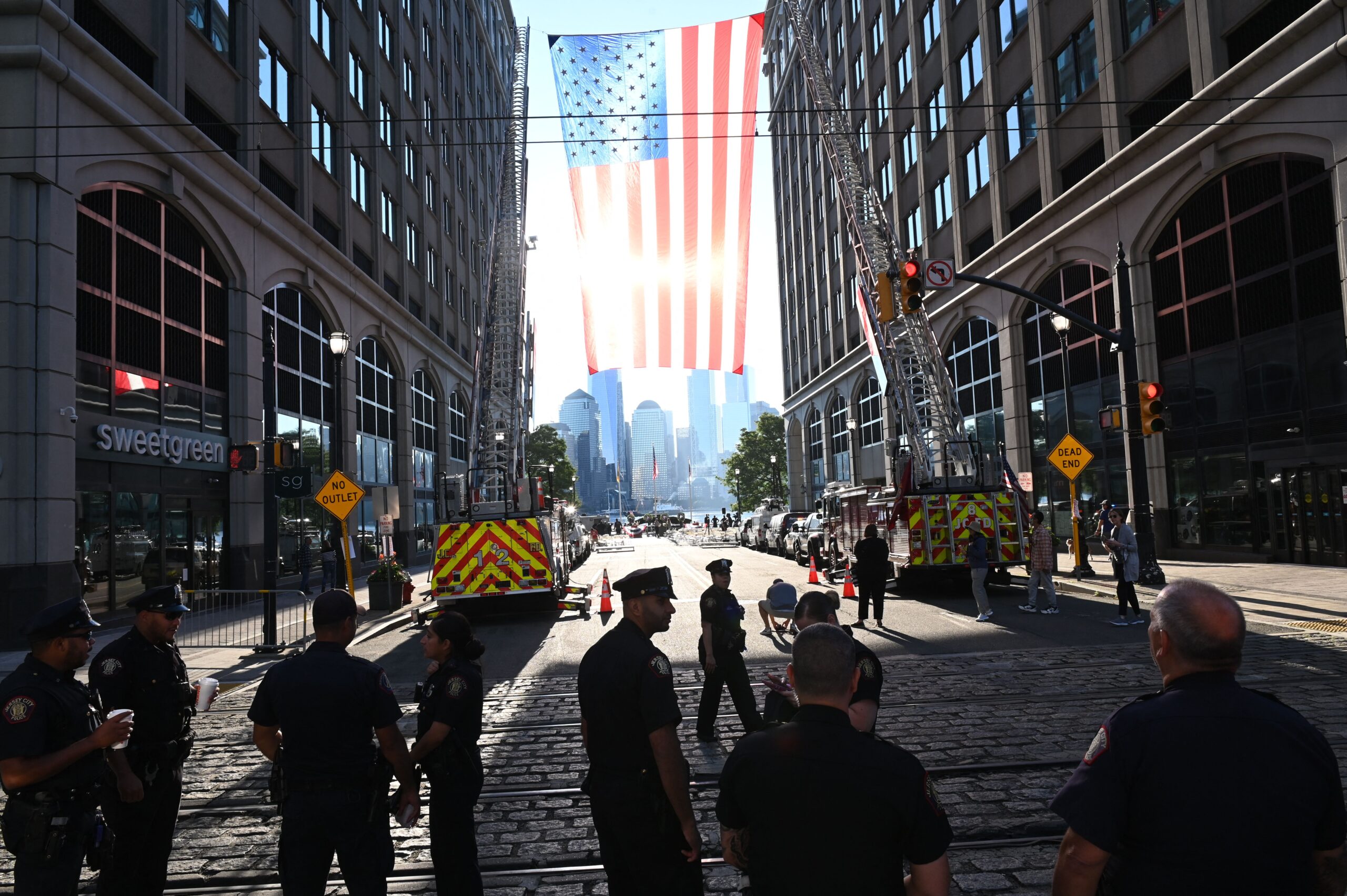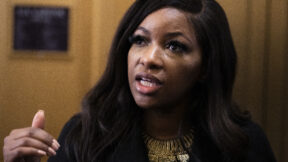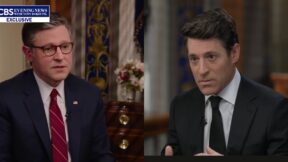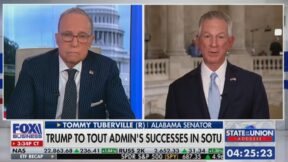20 Years Later, One of the Lost Legacies of 9/11 Is That of National Unity

Roberto Schmidt/Getty Images
There is little doubt that the darkest day in modern American history occurred twenty years ago today. At that time, one of the few silver linings to come from the haunting dust clouds of death on September 11, 2001 was the remarkable, and even in that era rather rare, national unity with which the United States generally responded to the terrorist attacks.
It was not just for a day or two that we acted like the great nation we once plausibly were, but for at least several years (probably until 2006 when the Iraq War turned hard for the U.S., and Hurricane Katrina devastated New Orleans) we were mostly all of the same team. We still had our strong disagreements and deep cultural divides, but it was clear that the majority of us were at least reading from pretty much the same book, and had somewhat similar values when came to what it means to be part of this country.
In the aftermath of 9/11, America truly did come together to help each other get through the crisis, and, for a while, President George W. Bush had a nearly 90% approval rating. This was not because Bush had done anything particularly spectacular, or everyone suddenly became a Republican, but rather because that many people wanted to send a message that national unity was more important than petty politics.
Twenty years later, especially post-Covid, this is decidedly NOT the case, and a strong argument can be made that this division is permanent and destined to only get worse. We are now so separated as a country, on so many levels, that some sort of eventual divorce feels heart-breakingly inevitable.
This tragic outcome has been emerging for quite some time (even before 9/11), but we have now apparently reached the point of no return. Barack Obama became president promising that he would heal our racial wounds and end the concept of “red state and blue state” America, but his tenure ended up only aggravating those divides, while setting the stage for Donald Trump, the ultimate divisive figure, to take his place.
The Trump presidency was the first, at least in modern times, to not even attempt to unite the country, but rather to appeal exclusively to his political base, seemingly reveling in the reality that he could somehow maintain power while actively pissing off over 50% of the population. This ill-fated strategy was able to partly sustain itself for a couple of years, but then completely collapsed when Covid happened (after only a tiny fraction of the country briefly rallied around Trump during the first days of the crisis).
As I predicted early on in the pandemic, the way the virus has been handled, at all levels, could not have been more perfectly designed to drive a nearly bottomless wedge between Americans. More than a year later, we are living in a country which no longer has enough in common — nor even enough mutual respect/understanding — to properly function, especially when facing serious challenges.
About 40% of us strongly believe that masks and vaccines must be mandated by the government in order to finally defeat a virus which threatens to kill us all. Meanwhile, at least 30% believe with every fiber of their being that masks do not work, and there is no medical need, nor legal authority, for the government to mandate these vaccines (especially for kids) for a virus that has been overblown, and the reaction to which has been motivated largely by a political desire to destroy Trump, all while instilling socialism and racial “equity” (NOT equality).
There was no more dramatic illustration of this unbridgeable canyon among the political factions than this week when President Biden, who laughably campaigned as a unifying force, openly demonized those Americans who have chosen not to be vaccinated. He did so while dictating, in authoritarian fashion, that millions of those same people — many of them minorities — now risk losing their private sector jobs if they do not comply with his executive order. Actively pitting vaccinated versus unvaccinated Americans would be nefarious even if the science of the vaccines justified such mandates, but the logic for that in recent months has dwindled.
To be clear, these are not issues over which there is just normal disagreement. These are the kinds of differences which make long-time neighbors, and even close friends, hate each other with a very dark passion, the type of which from which there is no coming back.
For instance, when one side is morally certain they are saving children from possible death, and the nation from anti-science, knuckle-dragging Trump voters, while the other is positive that those in charge are needlessly abusing their children and destroying the essence of the country, all for political gain, there is simply no room for negotiation. The differences are just irreconcilable, the anger never fades, and trust cannot be restored.
Of course, the news media, which has both exacerbated (often for financial gain) and mirrored this divisiveness, plays an extremely important role in all of this. In the 9/11 era, Fox News and the Drudge Report still had some credibility and influence with non-conservatives, while MSNBC, CNN, and all the major newspapers were not universally seen by Republicans as overt arms of the Democratic Party. Meanwhile, the “major” TV networks have not only drifted even further left as conservatives stopped watching them, but they lost so much audience share as to be almost powerless to do anything but go along with the widely accepted “woke” narrative on any large story.
If 9/11 happened today, there would be enormous pressure, and no real fear of backlash within their target audience, on the conservative media to immediately attack the Biden administration for having been too soft on terrorism. It would be shocking if the grace period of fake national unity would last even 3-5 hours, and would have absolutely no chance of making it 3-5 years.
Twenty years ago, I hoped that the horror of that day would at least make us somehow stronger in the long run. It did not. The foundations of America are now not much sturdier than that of those World Trade Center buildings after they were hit by the hijacked planes. How long it will take for there to be a similar buckling of the social structures cannot be known for sure, but the chances that it will indeed happen well within our lifetimes are far better than most dare to realize.
This is an opinion piece. The views expressed in this article are those of just the author.
New: The Mediaite One-Sheet "Newsletter of Newsletters"
Your daily summary and analysis of what the many, many media newsletters are saying and reporting. Subscribe now!






Comments
↓ Scroll down for comments ↓